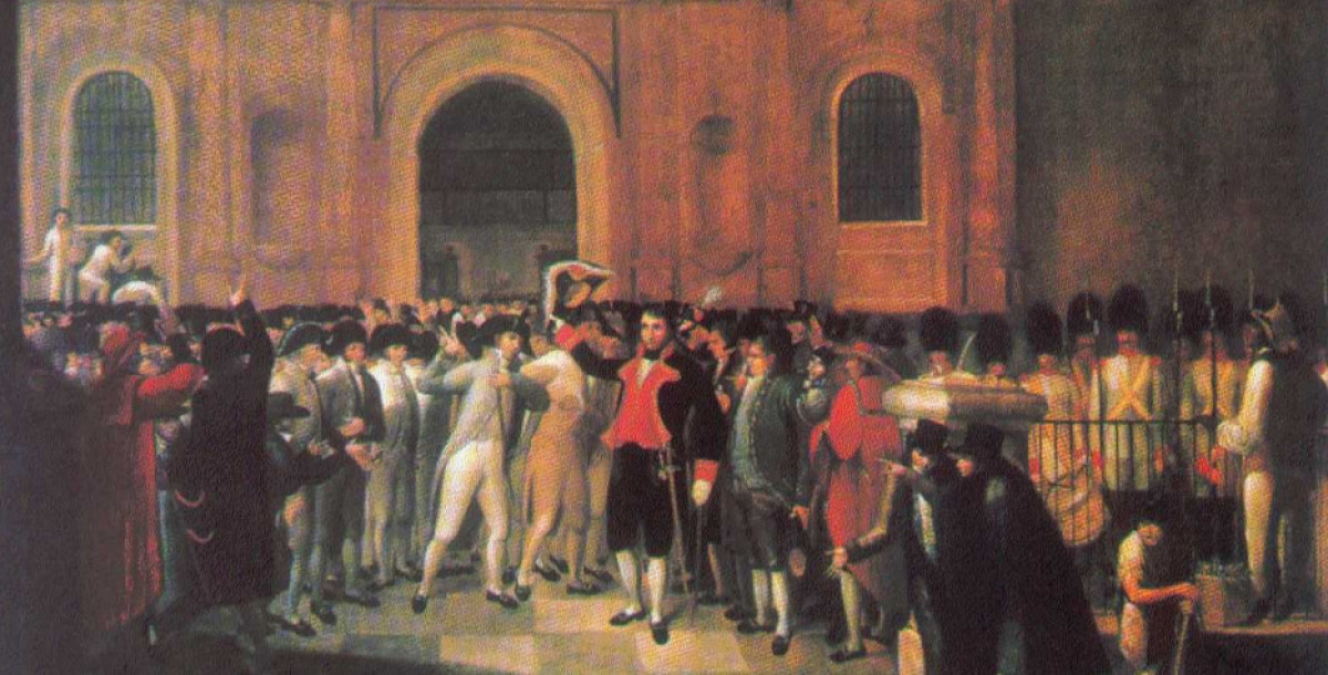As one of the first countries to take steps along the long revolutionary road to the end of European rule of Latin America, Venezuela can be excused for effectively having two independence days.
In 1806, there had been a failed attempt to start a revolution in Venezuela by Francsico de Miranda. Despite the failure, the attempt had sowed the seed of insurrection and a few years later, events in Europe would gave the independence movement further impetuous.
In 1808, Napoleon Bonaparte invaded Spain and put his brother Joseph on the throne. Many of the Spanish colonies in Latin America remained loyal to the deposed King Ferdinand. On 17 April 1810, news that Ferdinand had been finally defeated by Napoleon reached Caracas, where the people decided independence was better than French rule.
On 19 April 1810 (Maundy Thursday, the day before Good Friday) Vicente Emparan, the Captain General of Venezuela, was dismissed, giving way to the formation of the Supreme Junta of Caracas, one of the first to form an autonomous government in Latin America.
The Junta governed until 2 March 1811, when the First National Congress was installed, which appointed a triumvirate composed of Cristóbal Mendoza, Juan Escalona and Baltasar Padrón.
Francsico de Miranda returned from exile, and pushed further for independence. A few months later, on 5 July 1811, the Declaration of Independence was finally signed, creating the First Republic of Venezuela. The Spanish resisted this movement for independence and the revolution and republic was quashed in 1812.
However, this first declaration of independence meant that full independence was only a matter of time indeed nine years later Venezuela became independent under the leadership of Simon Bolivar in 1821.
